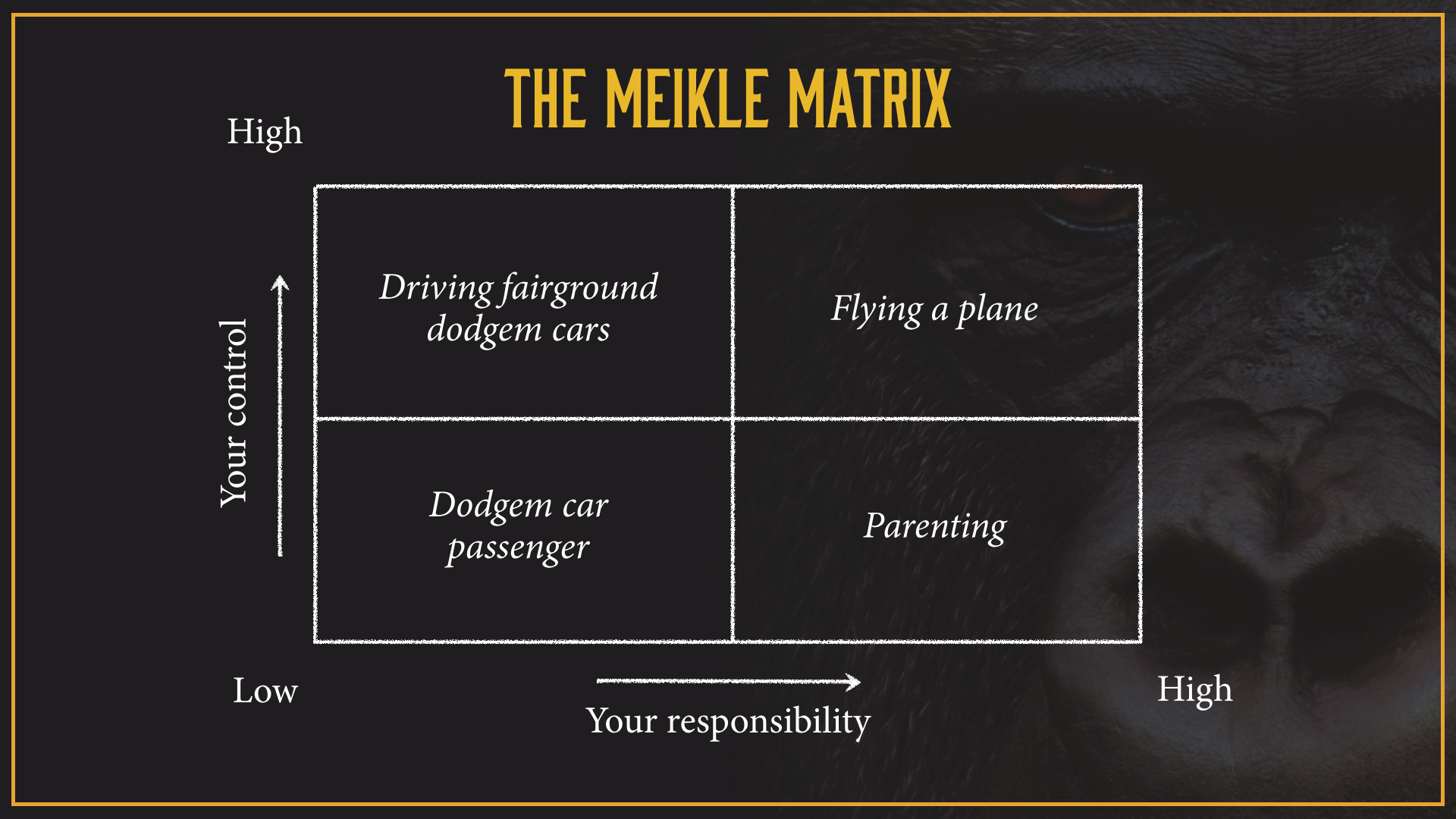Returning to work in 2018 we will probably have had varying degrees of rest and recuperation, but many in the business sector will be dreading the onset of work-related stress, not least those in marketing and marketing services.
As we all know, extreme stress can be very damaging to your physical and mental health. And make no mistake, stress can be a killer. So, I wanted to share how I manged to significantly reduce my own stress levels in the hope that it might help others in similar circumstances.
By way of some context, I was working as a board director in a London ad agency in the year 2000 and found myself under an extraordinary amount of stress. Much of my career had been managing difficult pieces of client business, so I was accustomed to some stress, but this was at a whole new level. The apex was when I was on a shoot for three new TV commercials in the States and each day when I awoke it felt like I had a 10-pound weight on my sternum. The feeling would stay there all day unless I was either asleep or I had had a few drinks.
After a few weeks, when it didn’t abate, to counter the problem I did the following:
- Gave up alcohol
- Gave up caffeine
- Took stress counselling
- Listened to relaxation tapes
But, despite all these efforts, there was still no change. So, after a little negotiation, my employer’s HR department agreed that I should visit a private doctor.
The doctor an early 30 something much like me, and had a calm and gentle demeanour – he was channeling the manner of JR Hartley. I spoke to him for about 45 minutes as he asked me about my work in some detail, after which he said quite confidently:
“I think I know what your problem is”.
I was my typically cynical self, but suspended my disbelief and listened to him. He continued:
“Your problem is you have responsibility without control.”
It seemed a rather simplistic analysis at first, but I sat quietly for a moment and thought about it.
The experience the followed was the closest I have come to what could be described as an epiphany, and almost immediately the weight lifted from my chest as it became clear to me in my work not only who had control and who had responsibility, but also that these two things needed to be with the same person.
For months, I had been taking responsibility for things that were far out of my control - rather than identifying to those in control the consequences of their actions - for which they would therefore have to assume responsibility rather than me.
Once you know the answer it seems terribly obvious.
The levels of responsibility one can take can only be consistent with the level of control one can have over the outcome. From that day on I started to ask two questions whenever I was establishing a new working relationship, internally or externally or beginning a new project or campaign:
1) Who is responsible for which outcomes?
2) Who has control over the things that determine those outcomes?
Strangely, there’s not much more to it. By the time you’ve asked the questions and got to the bottom of the answers, the greatest potential causes of stress have presented themselves and, if they’re there, it’s almost always patently unreasonable. Sure, sometimes it’s the circumstances that control you – such as too little time, too little money – but then we recognise these as things beyond our sphere of influence we just do what’s commonly called “our best under the circumstances”. As an analogy, I can pitch a tent in a hurricane - and I’ll do my best -but I won’t take responsibility for the outcome because the circumstances are far from ideal. But if you only give me five minutes in which to do it, you can be responsible for the outcome – well, you and the hurricane.
If you think about the possible combinations of high and low control and high and low responsibility, it makes for an interesting matrix. In the one below I’ve included the kind of life examples you might find in each.

Top left:
High control, low responsibility - Control over the car but no responsibility for crashes.
Top right:
High control, high responsibility - Control over the plane, responsibility for it, for its passengers and their lives.
Bottom Left:
Low control, low responsibility - No control over the dodgem, but it doesn’t matter – you’re just along for the ride
Bottom right:
Low control, high responsibility -You are ultimately responsible for your child, but have limited control over them
In a work scenario, by far the most rewarding place to be is top right. Here you are working to the peak of your ability with optimal responsibility and control. By far the worst place is bottom right – where you have responsibility without control – as the doctor told me this is a clinical definition of stress.
So, if you find yourself in the bottom right-hand corner of your working world, what are your options?
1) Demand/negotiate control that is consistent with your responsibility
2) Demand/negotiate lower responsibility so it’s consistent with your level of control
3) Quit and stay – stop caring so the stress can’t hurt you
4) Quit and quit – find an alternative position where responsibility and control match
But, if the circumstances are such that you have great responsibility and increased control is out of anybody’s hands (that basically means a force majeure – not deference to high-control leadership) then all we can do is our best and be content therefore that que sera sera.
By David Meiklem, Author/Founder How to Buy a Gorilla
Find David on Twitter: @htbagorilla



